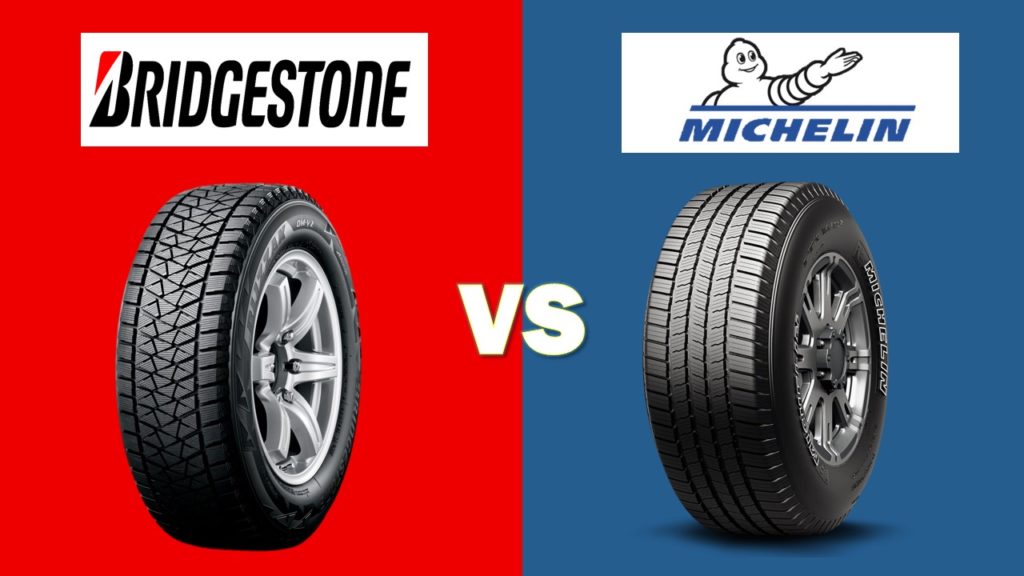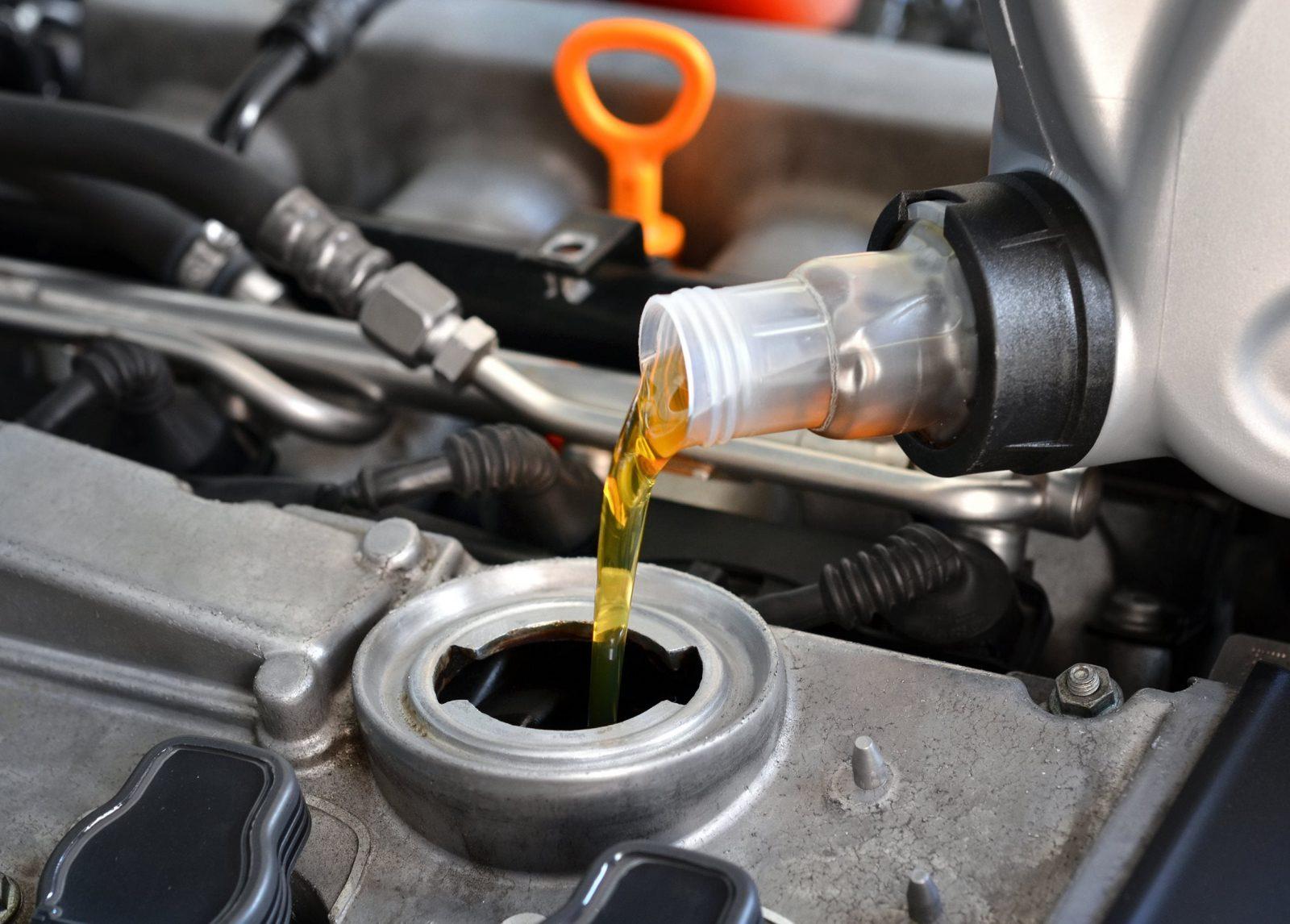Why is My Car Making a Tire Noise After Rotation?
Have you ever observed your car wheels making a weird noise after being rotated? Does this squeak increase and decrease according to speed? There are several reasons why your vehicle is making that infuriating tire noise after rotation.
Some people make a big mistake of taking these squeaks and squeals for granted thinking it as a minor fault. But, they are not aware that this minor concern could lead to a huge demolition if you don’t treat it immediately.
To enlighten you about the reasons for this tire noise, we have put together a quick guide. It will help you to know the real cause of the problem and will recommend the best possible solution to fix it.
Reasons Why Your Car is Making Tire Noise After Rotation
Various factors can lead to annoying tire noise when driving. Oftentimes, this noise is just air being condensed in the tire treads.
Different tread designs produce different levels of noise. However, if the noise gets louder over time, then possibly there is an issue with your tires and wheels.
Here are a few reasons that can cause tire noises after rotation.
1. Stiffed Wheel
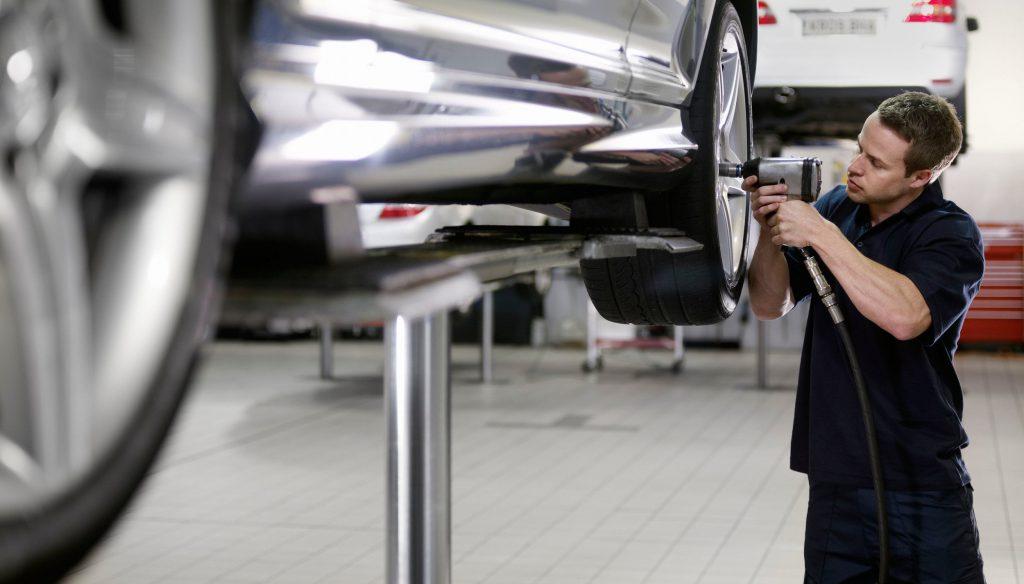
One of the possible reasons why your tire is making such noise after rotation is the excessive tightening of the wheel when you did the final lug.
It’s always advisable to never over tighten your car tires. Instead, you can use a torque wrench to ensure that everything is secure enough not to fall apart.
SEE MORE:
2. Alignment Problem
Another possible reason for the humming noise from your car tires can be alignment issues.
Having your tires in the same position for a long period could cause some fault on its end. The moment you move, the air chamber produces a low purring or drumming sound.
If your car is unsettled for a wheel alignment, then you’ll start to experience a bumpier ride. This will cause uneven tire movement and generate blare from the air chamber.
3. Old and Shabby Tires
The leading cause of that annoying sound from your car tires is its age. If you haven’t replaced your tire in a while, then don’t be staggered that it makes a strange noise after rotation.
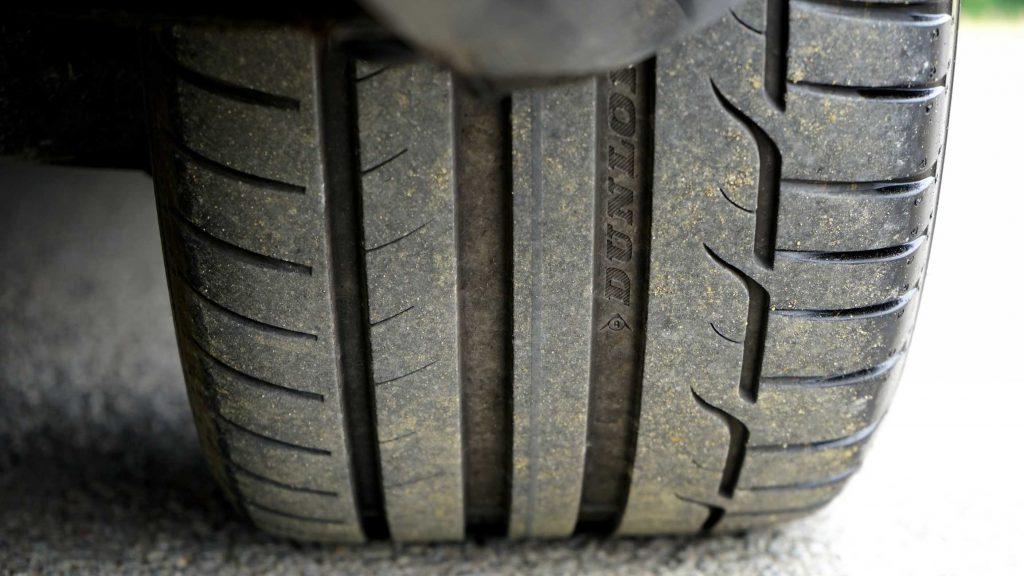
Over time and with high usage, tire treads begin to break down. This simply means you need to buy new tires for your trucks and cars before some major issue takes place.
4. Bad Wheel Bearing
A bad wheel bearing is one of the more solemn concerns that cause tire noise.
When the wheel bearing in your tires is deteriorating or damaging, it produces a soft purring sound or grinding noise whenever you change ways.
According to maintenance tips by car experts, it’s best to have the wheel bearings replaced as soon as possible to avert excessive collisions and damage.
So, now you are aware of all the legitimate reasons for the tire noise after rotation. Next time, if you experience such annoying tire noise, you may need to have a professional inspect and repair your vehicle.
How To Rotate Tires Properly?
Your car, SUV, or truck’s tires will last longer and perform better if you rotate them on a regular basis to prevent uneven wear. Additionally, proper rotation can boost overall performance and fuel efficiency.
It’s critical to comprehend how to rotate tires correctly if you want to make sure you’re getting the most out of the process. Here are some pointers for successfully rotating tires.
Review the manufacturer’s recommendations
Always verify with the manufacturer of your vehicle for detailed instructions about tire rotation (frequency, sequence, etc.) before doing any work on your tires. The owner’s handbook or the manufacturer’s website include this information.
Loosen the wheel nuts
Before attempting to pull your car off the ground, slightly loosen the wheel nuts. As a result, it will be much simpler to remove them later on and they won’t become stuck from rust or other corrosion accumulation.
Raise and securing your car
Before you begin working on the tires, use a jack to raise your car and secure it using jack supports. To further stabilize the vehicle, especially if you’re working on a two-wheel drive vehicle, you should also utilize wheel chocks.
Remove the tires and thoroughly clean the wheels
You may start taking the tires off the wheels now that the car has been raised and secured.
Before installing the new tire, make sure you use a cloth or brush to wipe the interior of each wheel. Your new set of tires will wear more evenly as a result of this.
Before reinstalling the hardware onto the wheels, make sure to wipe any rust off of the lug nuts and other parts.
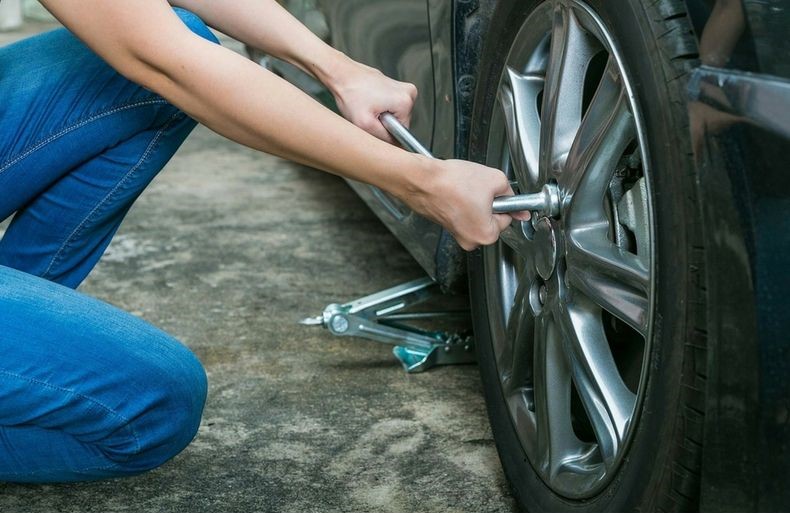
Position tires using manufacturer manual
It’s time to put the new tires on after removing the old ones from all four wheels. When mounting new tires, always adhere to the manufacturer’s suggested procedure (front to rear, cross rotation, etc.).
This will guarantee that they are obtaining the most traction possible on the road and are worn evenly.
Change and tighten the lug nuts
It’s time to swap out and tighten the lug nuts once the tires have been put on.
To avoid damaging the threads on the lug nuts and the wheels, always use a torque wrench while tightening lug nuts.
Lower the vehicle and check the tire pressure twice
Before driving, lower your car from the jack supports and make sure all four tires are correctly filled.
After you’ve finished rotating your tires, make sure to check your brakes for any signs of wear or damage.
FAQs On Tire Noise After Rotation
-
Do tires get louder as they wear?
As tires age, they shouldn’t become noisier. Due to suspension or alignment faults that result in uneven tire wear, they often only increase louder with time.
Tire noise might also be brought on by damaged tires. The steel belts inside the tire itself can be broken by potholes and curb hits, leading to deformations and imbalances.
You should check your tires for damage and strange tire wear patterns if you hear an exceptionally loud tire noise, especially if you haven’t had any tire maintenance recently.
-
Will tires quiet down after rotation?
Within 50 miles or so of a tire rotation, tires often start to settle down. After being rotated, tires frequently sound louder and feel strange.
One corner of the car will see somewhat different tire wear than the other. These irregularities can be corrected by maintaining a consistent tire rotation plan.
The tires should become quieter and ride more smoothly once they have had time to break in their new wear patterns.
Check out this video from milanmastracci to learn more about the proper way to rotate your wheels and tires!
-
How to avoid tire noise after rotation?
Following alignment and suspension repairs, it’s crucial to take precautions to prevent tire noise following a rotation.
- Make sure the tires are properly inflated. All four tires should be at the correct pressure levels before rotating them since over- or under-inflated tires can increase noise when driving.
- Look for any indications of unbalance or bent rims on the wheels. If one or both of these problems exist, they need to be fixed to prevent the wheel harms.
- Buy a limited-slip differential (LSD) for your automobile before rotating the tires. An LSD improves performance on the road by ensuring that both rear wheels have the same amount of traction.
Final Words
Tire noise after rotation is a typical problem, although it is generally readily resolved.
If you recently had your tires rotated and are now experiencing excessive noise or vibration, check for faulty installation, alignment difficulties, or mismatched tires.
The main message is that even after you have rotated your tires, there are still potential reasons for tire noise that must be addressed.
A misaligned vehicle can create loud bangs with each spin, while an improperly placed tire might cause excessive vibrations.









